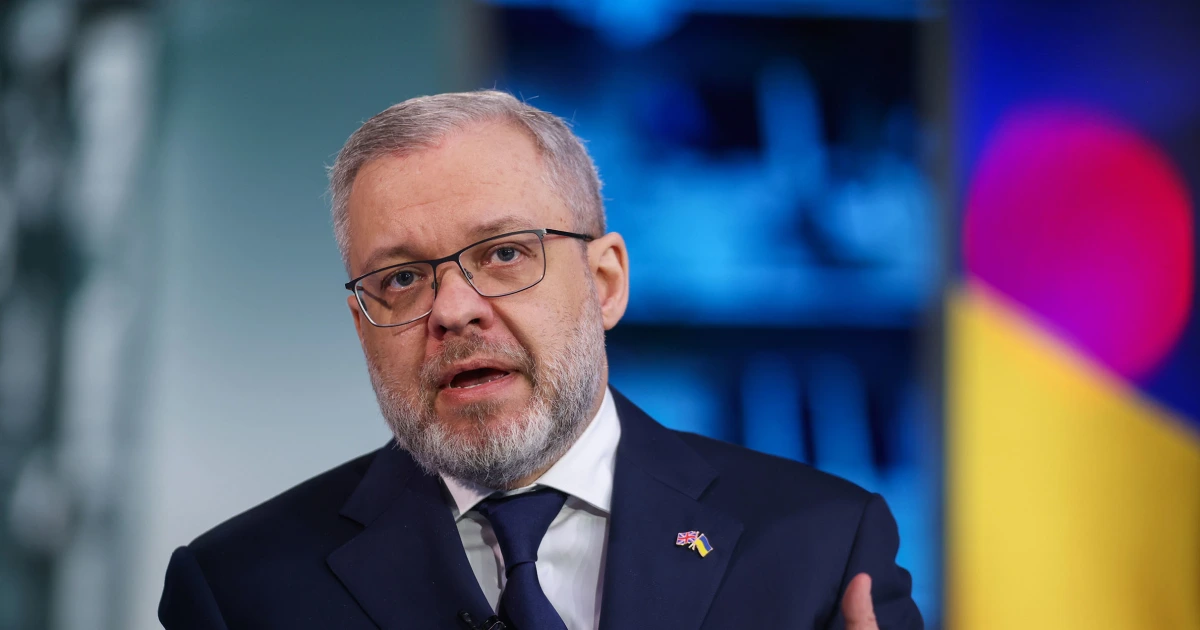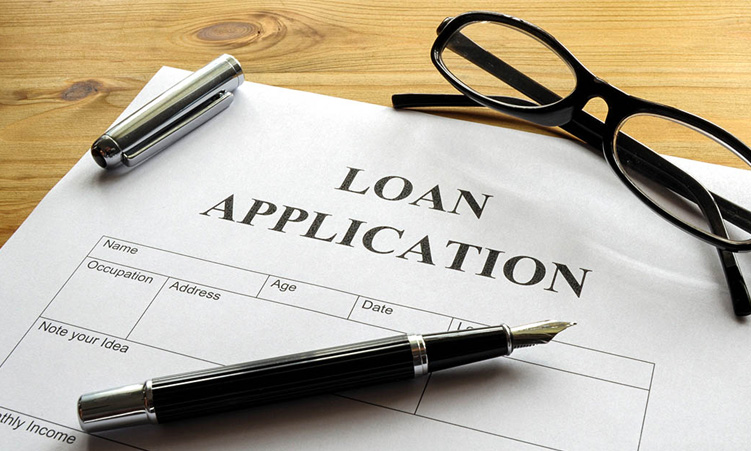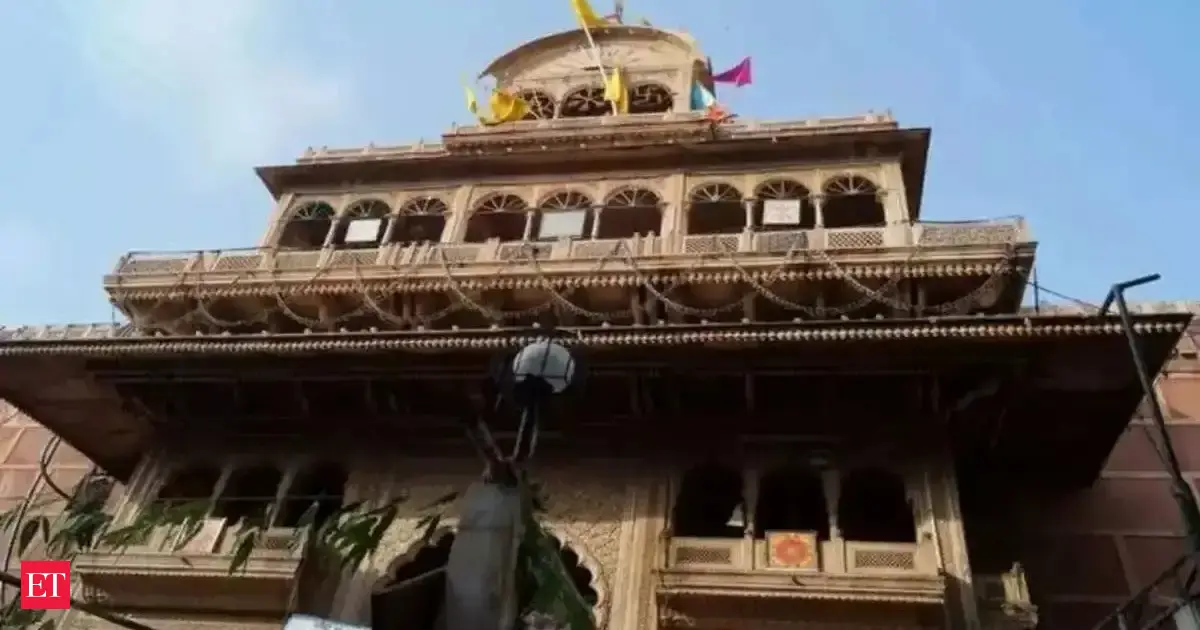Copyright NBC News

KYIV — Ukraine’s justice minister was suspended Wednesday in an investigation into a $100 million kickback scandal in the country’s energy sector that has fueled public anger and reached the heart of the country's wartime leadership. German Galushchenko was removed from office one day after anti-corruption authorities said they exposed a scheme that allegedly involves a close associate of President Volodymyr Zelenskyy and an ex-deputy prime minister nicknamed “Che Guevara.” The probe threatened a high-profile confrontation over the long-running issue of graft in Ukraine as it battles to maintain Western support for its fight against Russia, which has battered its neighbor's energy infrastructure with waves of attacks. Five people have been arrested and another seven were placed under suspicion, according to a statement Tuesday from Ukraine’s National Anticorruption Bureau, the NABU, and Specialized Anti-Corruption Prosecutor’s Office, SAPO. The “high-level criminal organization” saw current and former officials, and businesspeople, allegedly receive benefits and launder money through the country’s state energy company, Energoatom, authorities said. Among those accused of involvement is Timur Mindich, a businessman with ties to Zelenskyy, SAPO prosecutor Serhiy Savytskyi told a court hearing Tuesday. Savytskyi said Mindich's "criminal activity in the energy sector was established by him influencing" Galushchenko, the justice minister who until July served as energy secretary. Mindich is co-owner of the television production company Kvartal 95, which was founded by Zelenskyy when he was an actor and comedian before becoming president. In a statement, the studio distanced itself from the allegations, saying that Mindich “does not participate in” the company’s “activities and does not influence the content or decisions of the team.” Galushchenko, who has not been arrested, said in a statement that he agreed with the government’s decision to suspend him “for the duration of the investigation” and called it a “civilized and appropriate scenario.” “I will defend myself in the legal arena and prove my position,” he added. His suspension was announced in a statement by Prime Minister Yulia Svyrydenko, who did not provide details of what exactly he had been accused of, or his alleged role in the wider scheme. In a separate statement, the NABU said this “criminal organization transferred funds to an unnamed former deputy prime minister of Ukraine, referred to internally as Che Guevara.” Detectives said they found some $1.2 million transferred to this person, the last $500,000 of which was sent to his wife after he came under investigation, it said. According to the NABU and SAPO, the corruption scheme involved forcing Energoatom’s contractors to pay an illegal commission of 10%-15% or risk losing their supplier status. “Using their official connections in the ministry and the state-owned company,” the suspects “ensured control over personnel decisions, procurement processes, and financial flows,” the anti-corruption agencies said in a statement. Zeleneksyy said in a statement Monday that, "there must be convictions" for anyone found guilty of corruption, and that government officials "must work together with" anti-corruption agencies. In the summer, Zelenskyy was met with international criticism and rare public protests after raids against a high-profile anti-corruption campaigner and a parliamentary bill, later withdrawn, that would have curbed the powers of anti-corruption agencies. Energoatom said in a statement Tuesday that the saga had not impacted its financial health or operational safety. "Energoatom has been and remains the pillar of Ukraine’s energy system; together with our partners, we ensure the reliable operation of nuclear power facilities and uninterrupted supply of electricity for Ukraine’s needs," it said. Ukraine has made strides on fighting its endemic corruption problem, particularly since Zelenskyy made it a central plank of his 2019 election manifesto. But the country still struggles with the issue at high levels of government and business. In a report last week, the European Commission praised Ukraine’s attempts to tackle corruption during wartime, but warned that its “limited progress” was jeopardizing its long-term hopes to join the European Union. Reports of growing state pressure on anti-corruption groups “cast doubts on Ukraine’s commitment to its anticorruption agenda,” it said, while cautioning that Ukraine should “prevent any backsliding on its notable reform achievements.”



